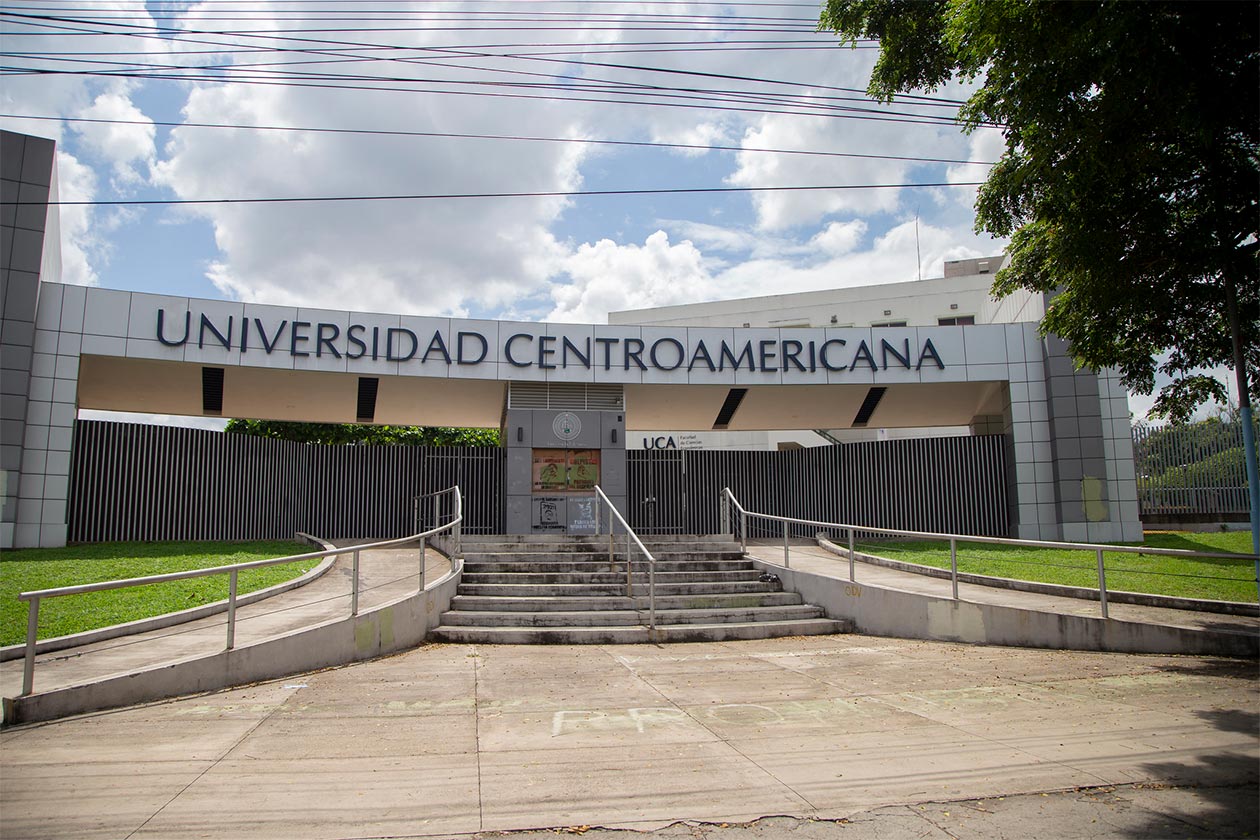“I’m afraid I won’t be able to graduate.” “Young people are being robbed of the opportunity for a quality education.” “Not only are many kids going to be left without studying, but the university will have to fire collaborators.”
This is how students and graduates of the Central American University (UCA) reacted, after the National Council of Universities (CNU) reduced the annual budget assigned to said educational institution for the fourth consecutive year. Between 2018 and 2022, they have cut at least 250.9 million córdobas.
The CNU’s decision affects the possibility of continuing to grant full and partial grants to low-income students. CONFIDENTIAL learned that, although the capital university plans to maintain the scholarships that are in progress, it will be forced to reduce the number of new scholarships by up to 90%. Every year, the UCA renewed about a thousand scholarships, but in 2022, that number will be reduced to almost a hundred.
For many young people in Nicaragua, this means losing the opportunity to have a university degree.
“I was able to study thanks to the scholarship”
Last year, Christy Melissa Martínez graduated with a law degree from the UCA, and she assures that this was possible thanks to the full scholarship she was awarded during her five years of study.
Martínez, originally from Estelí, reports that she did not have sufficient financial resources to cover the cost of fees and stay in Managua, so a 100% scholarship was her only option. “I always wanted to study at the UCA, because it has one of the best law schools, but without that scholarship it would not have been possible,” says the 22-year-old.
Marcus González was awarded a full cultural scholarship to study Social Work at the UCA. For him, the university stands out for promoting a comprehensive education of its students. “The UCA was always a space where you could have a critical debate.”
Bryan Rodríguez is a clinical psychologist graduated from the UCA in 2019, and throughout his career he was awarded a 75% tuition scholarship. “The scholarship allowed me to become a professional, because I didn’t have the resources.”
For Rodríguez, studying at this university was a life goal, since he considers it to be one of the best universities in the country. “UCA is a prestigious university. Being a graduate of this university has opened many doors for me,” he says. Currently, he is studying a postgraduate degree at the UCA.
“I don’t know if I can finish the race”
For this year, the university plans to maintain the scholarships that are in progress, but will be forced to reduce the number of new scholarships by up to 90%. The students fear that in the future the active scholarships will also be reduced or definitively suspended.
Laura Selva, a second-year Graphic Design student, fears she won’t finish her studies if the reductions at the UCA continue. “I have made an effort to take advantage of my scholarship, but honestly I am afraid of not graduating because of the situation at the university, because the Government has withdrawn a good percentage of the budget that corresponds to it.”
Selva is benefited with a 50% tariff scholarship. “The only thing left for us is to wait and finish my career as far as I can,” he says.
benefits suspended
The cutbacks have forced university authorities to suspend various student programs and benefits. “There have been many reprisals against the UCA, the School Court no longer works for political reasons,” says Christy Melissa Martínez.
“They want to behead the UCA with the cuts. When I was studying, benefits such as support for food and transportation that were provided to the dance group were suspended,” says Marcus González.

He adds that they also stopped making new costumes, and presentations outside the venue were suspended. Likewise, the student began to cover the expenses of student exchanges abroad.
For “Carmen”, a former psychology student at the UCA, the CNU measure not only “harms thousands of kids who will be left without studying”, but the university “will be forced to lay off administrative and teaching staff, and close careers”.
political retaliation
UCA students and graduates agree that the reduction is a political retaliation against the university and its students, for having been the focus of the 2018 anti-government protests.
“This is a purely political issue, it is no secret to anyone that the university encourages critical thinking among youth and was one of the epicenters of the social explosion,” argues a former UCA student interviewed.
“The most harmed is the quality of education in Nicaragua, because the government is taking away the opportunity for kids to access non-political or partisan training,” concludes “Carmen.”

















